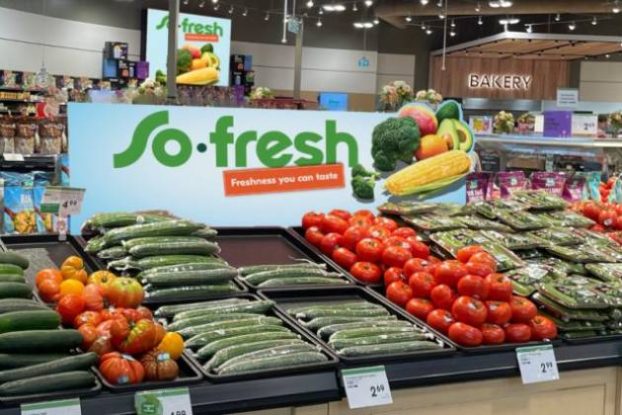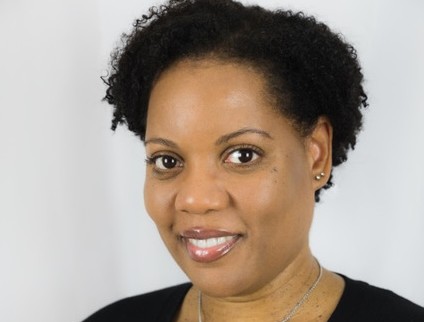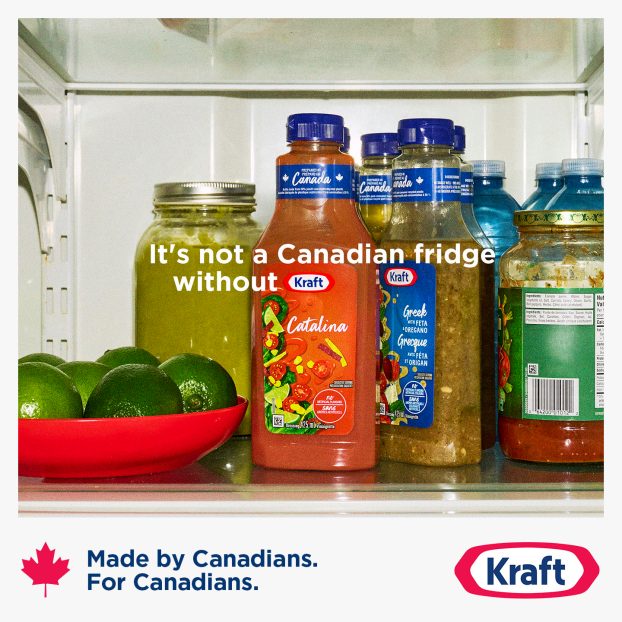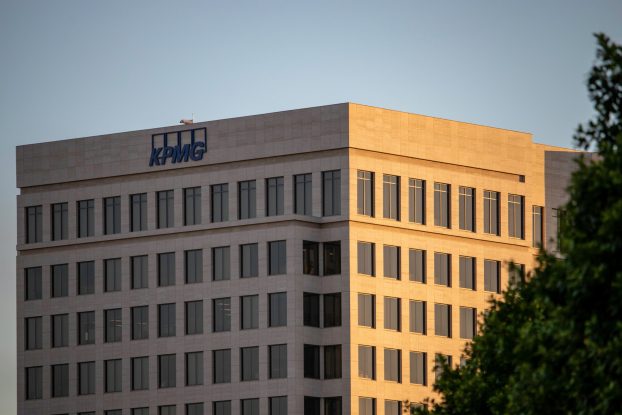Reality shows are fast replacing sitcoms and dramas, creating sponsor-laden media entertainment, which satisfies both the advertising machine and a fundamental trait in human nature; to see others overcome a challenge, no matter how absurd.
But lately Canadian marketers have taken the trend a step further: Many are creating their own reality events, which are being played out in their campaigns, in an effort to encourage customer interaction with the brand.
With the reality craze continuing to dominate prime-time TV, it is no wonder advertisers have gone this route.
According to BBM Canada, 19 of the top 30 shows in the Toronto market between Sept 1 and April 18 were indeed reality programs. The data focused on viewers aged 18 to 49 and excluded specials as well as sporting events such as hockey games.)
Jeff Spriet, president and strategic director of Toronto-based Chokolat, which specializes in branded entertainment, sees the fascination with reality shows as something akin to the fascination with the American Dream.
‘Audiences are captured, with open casting offering anybody a chance to be a star. Many of these contestants often make more on book deals and endorsements than on the show itself.’
Perhaps the format with the most obvious ties to the American Dream is American Idol. Mississauga, Ont.-based General Mills Canada has decided to mimic the TV show, which has generated over $100 million in advertising revenue for Fox.
The packaged goods company has invited Canadians to audition to be the voice for an upcoming national ad campaign, from Toronto-based Cossette Communication Group, which will launch a new berry version of Cheerios. (Cheerios is General Mills’ flagship brand and accounts for over 10% of all cereal purchased in Canada, according to the company.)
Since research revealed that over 80% of consumers add fruit to their cereal, General Mills will focus on taste appeal messages through its integrated marketing program. Meanwhile, The Berry Burst Cheerios Vocal Search, which ran until April 23, in conjunction with the release of new Strawberry and Triple Berry Burst Cheerios across Canada, was used to build a buzz for the campaign and get more media exposure for the brand.
The company Web site, created by Fjord Interactive, a new division of Cossette, posted modified lyrics of the 1970s hit I Think I Love You by Chaka Khan, and participants entered the competition by calling a toll-free number and leaving a rendition of the song on voice mail. The final prize was a trip for two to the Bahamas and Berry Islands.
‘We used a reality element to create a PR program that extended our mass-marketing campaign,’ says Dana McNabb, marketing manager at General Mills Canada. ‘We believe this new reality trend will help Berry Burst Cheerios stand out in an already-cluttered environment.’
To help deliver on this goal, General Mills also partnered with Deep Sky, a division of Corus Entertainment that specializes in custom radio programming. As a result, the competition was promoted by DJs on many Corus-owned stations throughout central and western Canada, leading up to the finals, which also got airplay.
General Motors Goodwrench Services is also hoping to capitalize on the trend. With 40 million viewers having tuned in to see Bill Rancic crowned as Donald Trump’s The Apprentice last month, Goodwrench has created a parody ad campaign dubbed ‘The Specialist.’
‘One garage, four attendants and five weeks of intensive training in high-tech GM technology,’ is how the Web site describes this competition between four twentysomething male candidates from across Canada.
Aired during prime-time slots of Survivor and American Idol, the four 60-second commercials, created by Cossette in Montreal, expose the audience to both the advanced technology built into today’s GM vehicles and the level of service received from GM Goodwrench mechanics. At the end of the fourth episode, viewers will be directed to www.thegmspecialist.com, where the winner will be revealed.
By capitalizing on a multi-character platform that has been the winning construct of many realty shows, GM is luring the audience to the Web site with photos of and quotes from the contestants, while simultaneously running a competition online, offering a chance to win the lease of a Chevrolet Trailblazer LS or GMC Envoy SLE for a year.
Stew Loew, PR manager at Oshawa, Ont.-based General Motors Canada, says ‘The Specialist’ illustrates the carmaker’s position as the industry leader in offering innovative, non-traditional advertising. ‘The expertise needed to service GM works well into a reality-based concept. It seemed a natural extension for us.’
Goodwrench brand manager Bill Kilpatrick adds that this represents a totally different approach for the company. ‘We’ve dealt with sporting shows and weather shows, but reality is a hot market and we had to find a way of using that.’ He says that the series of ‘Specialist’ commercials is devised to retain audience interest and reaffirm the brand with developing content. And early signs have shown it may be ‘one of GM’s most successful campaigns.’
Guerrilla marketers have also glommed onto the reality trend. City Chase is a real-life contest combining components of Survivor, The Amazing Race and Fear Factor. Created by Toronto-based event marketing firm InField Marketing, the one-day competitions start May 15 and run in eight Canadian cities. Among the sponsors are Bell Canada, Snapple and Wrigley Canada.
Richard Parkinson, director of marketing at Wrigley Canada, says the format fits well with the positioning of Extra gum. ‘Frankly, City Chase is a fun way for [Extra] to interact and engage with consumers while communicating its ‘long lasting’ positioning and reinforcing its brand personality.’
Through the sponsorship, the brand, which also supported the test event in 2003, is able to get the gum into the hands of its target demographic (88% of registrants to date are aged 20 to 40). It is also able to build Extra’s brand equity as a product that ‘That Doesn’t Give Up!’ through association with an event that requires the same tenacity, says Parkinson. Additionally, there are opportunities for sponsors to get exposure through The Bell City Chase Series Web site and other channels.
Also signing on with City Chase is The Running Room. Liz Britton, Edmonton-based national events co-coordinator, says that the overriding factor in the decision was simply the realization that it made sense for the brand. ‘Many of our customers are now into cross training activities and this was just a unique concept that we believed our customers would be interested in knowing about and participating in,’ she says. ‘Customer involvement really dictates our involvement.’
And the ability to enhance brand engagement is exactly why using the reality genre in creative executions can pay off, says Spriet. He points to Volvo’s ‘mystery of Dalaro,’ a campaign that saw 32 families buy the same model car, a Volvo S40, on the very same day, as an example. The mockumentary ads were created by MVBMS Fuel Europe and shot by prankster director Spike Jonze. Hits to the Volvo U.K. Web site have tripled since the launch of the campaign in March, and some 435,000 viewers downloaded the documentary.
However, Spriet warns that such an approach must be both appropriate and well thought out.
‘Marketers may well elevate to making a series of short films, but the content must be good enough to captivate an audience,’ he says. ‘The Internet offers great innovative opportunities to tell interesting stories, but marketers have got to find ways of tying their efforts back to the brand.’
And if you think reality TV will jump the shark anytime soon, think again. Spriet believes the format will be around for the foreseeable future. ‘What we will probably see for a while is much of the same. Maybe fewer grooms and more billionaires with scary hair.’























